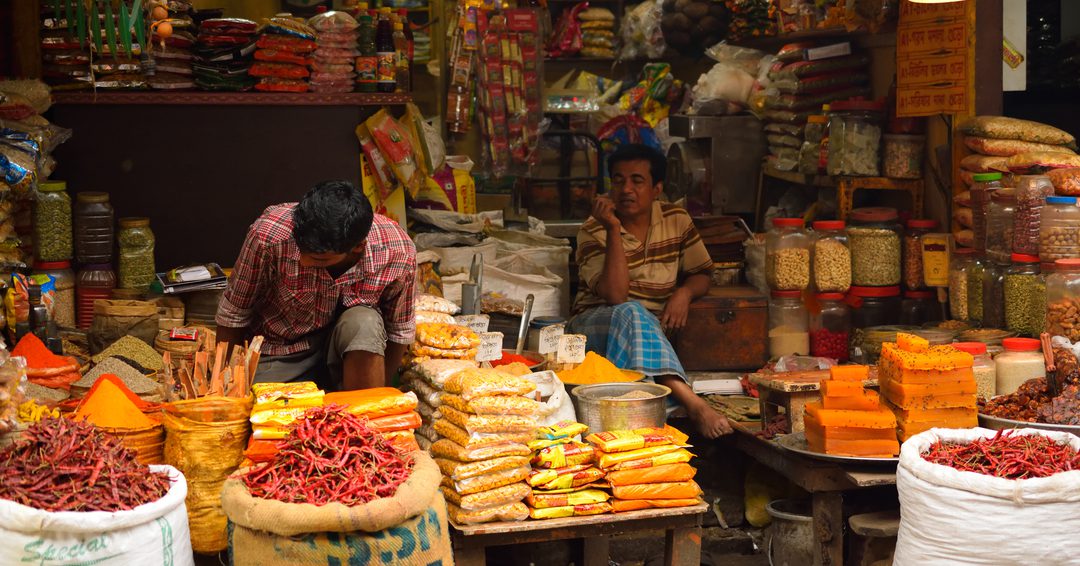(Andy Mukherjee is a Bloomberg Opinion columnist covering industrial companies and financial services. This column first appeared in Bloomberg on October 7, 2021)
- The erstwhile Lever Brothers — now Unilever Plc — arrived in India in 1888 with crates of Sunlight soap. There was no smartphone, and no fintech. Had those two modern marvels existed back then, millions of corner shops that largely provide self-employment to the owners and their families would have been a capitalist success story by now. The neighborhood kirana store is the backbone of India’s $520 billion-a-year grocery market, accounting for 80% of sales. But the resources the industry needs to scale up and modernize have always been beyond its reach. Blame that on stunted access to working capital, a constraint on growth that’s finally starting to ease thanks to the coming together of mobile internet and finance, especially “buy now, pay later,” or BNPL. Globally, a craze among younger borrowers for small, interest-free loans they can repay in 30 days or in a few monthly installments, often without credit-card-style hefty late-payment fees, is sending valuations soaring for apps like Sweden’s Klarna and Australia’s Afterpay. It’s also drawing the likes of Goldman Sachs Group Inc. and PayPal Holdings Inc. into the fray. With Generation Z buyers trying to beat back their pandemic blues by purchasing lipstick in three installments, excessive, debt-fueled consumption could store up problems for the future…
Also Read: Nikhil Kamath’s True Beacon: a hedge fund gambit hedging its own growth – The Ken

